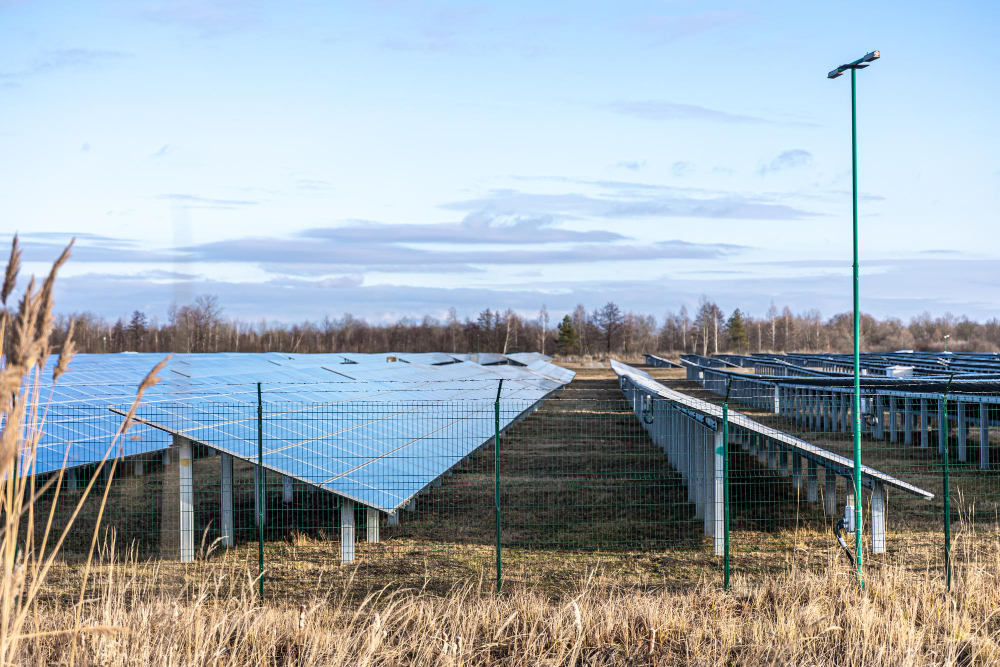Solar Still A Top Priority For Australian Home Buyers

Solar Power and Hot Water Systems: A Top Priority for Australian Homebuyers
According to a recent survey, solar energy and hot water systems are among the top features Australians consider when purchasing a home. However, prospective buyers should proceed with caution.
Solar Energy’s Popularity Among Homebuyers
Solar energy and hot water systems ranked sixth on the top ten criteria for homebuyers, with 37% considering these features essential. Additionally, 23% of respondents indicated they would increase their budget for a home with solar. Baby Boomers (those born between 1946 and 1964) showed the highest level of interest, with 49% prioritizing solar-equipped homes.
Installing Solar Before Selling: A Worthwhile Investment
If you’re delaying the installation of solar panels due to plans to sell your home in the near future, it’s worth reconsidering. A solar system can be a valuable asset for potential buyers, especially given current affordable installation costs. Not only can it add to your home’s appeal and potential value, but it also helps you save on energy bills while you remain in the property.
How Much Value Does Solar Add to a Home?
Estimating the value solar power adds to a home is tricky, as figures can vary widely. Some data is outdated, reflecting earlier periods when solar systems were more expensive, while other estimates come from markets like the USA, where costs are higher. However, if you can recoup your investment during a sale, it’s a clear win—especially considering the energy savings and enhanced marketability the system provides.
A good quality solar system can make your property stand out, though as solar adoption increases, this advantage may become more common. The key is to ensure the system is reliable and well-maintained for both your benefit and that of future buyers.
Key Considerations for Homebuyers
More than 3.9 million solar PV systems have been installed across Australia since 2008, but not all are created equal. Older systems or those of subpar quality may require replacement or costly repairs, diminishing their value. Furthermore, advancements in panel technology mean modern systems are more efficient, requiring fewer panels to generate substantial power.
If you’re considering purchasing a home with solar, it’s essential to investigate the system’s specifics, including:
- Capacity: Contemporary systems typically start at 6.6kW, with 10kW and larger systems becoming standard.
- Installation Date: Knowing when the system was installed helps gauge its remaining lifespan.
- Component Brands and Models: Research the reliability and reputation of the components used.
- Warranty Details: Ensure the warranty is transferable and still valid.
- Installer Reputation: Check the installer’s track record and whether they are still in business for potential warranty claims.
- Inspection History: Solar systems should be inspected every five years; request a copy of the latest report.
Avoid Unexpected Costs
A poorly functioning or underpowered system can result in unexpected expenses, such as replacement or disposal costs for outdated panels. This money could be better spent on your mortgage or other upgrades. To avoid surprises, conduct thorough due diligence before finalizing your purchase.
By taking these steps, you can ensure your investment in a solar-equipped home delivers the savings and environmental benefits you’re looking for.

